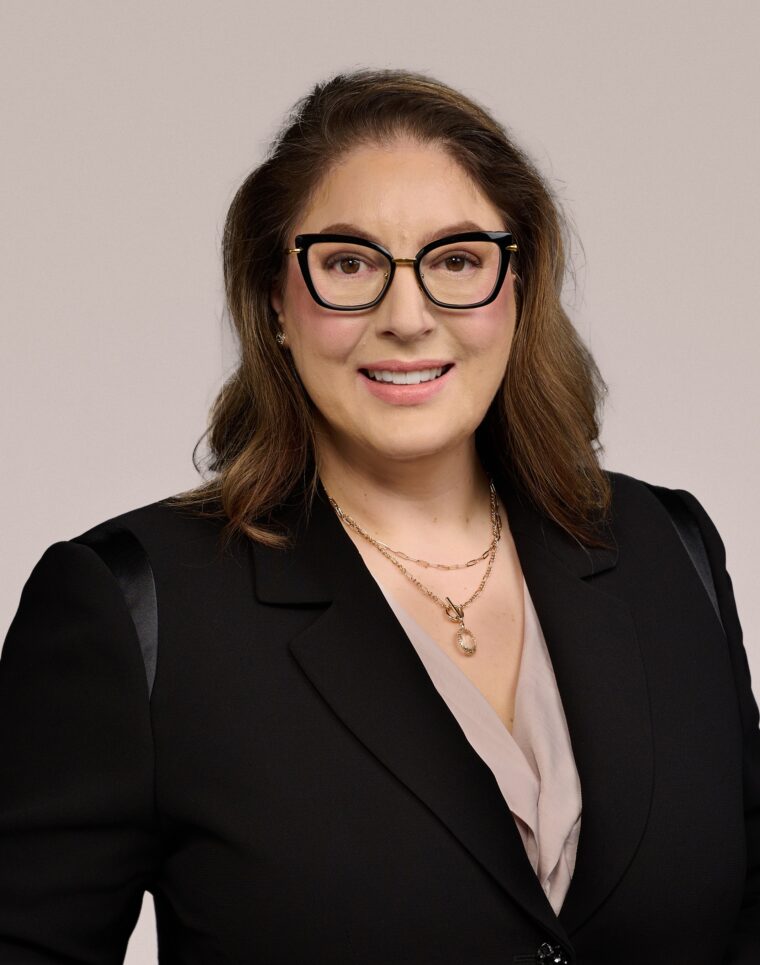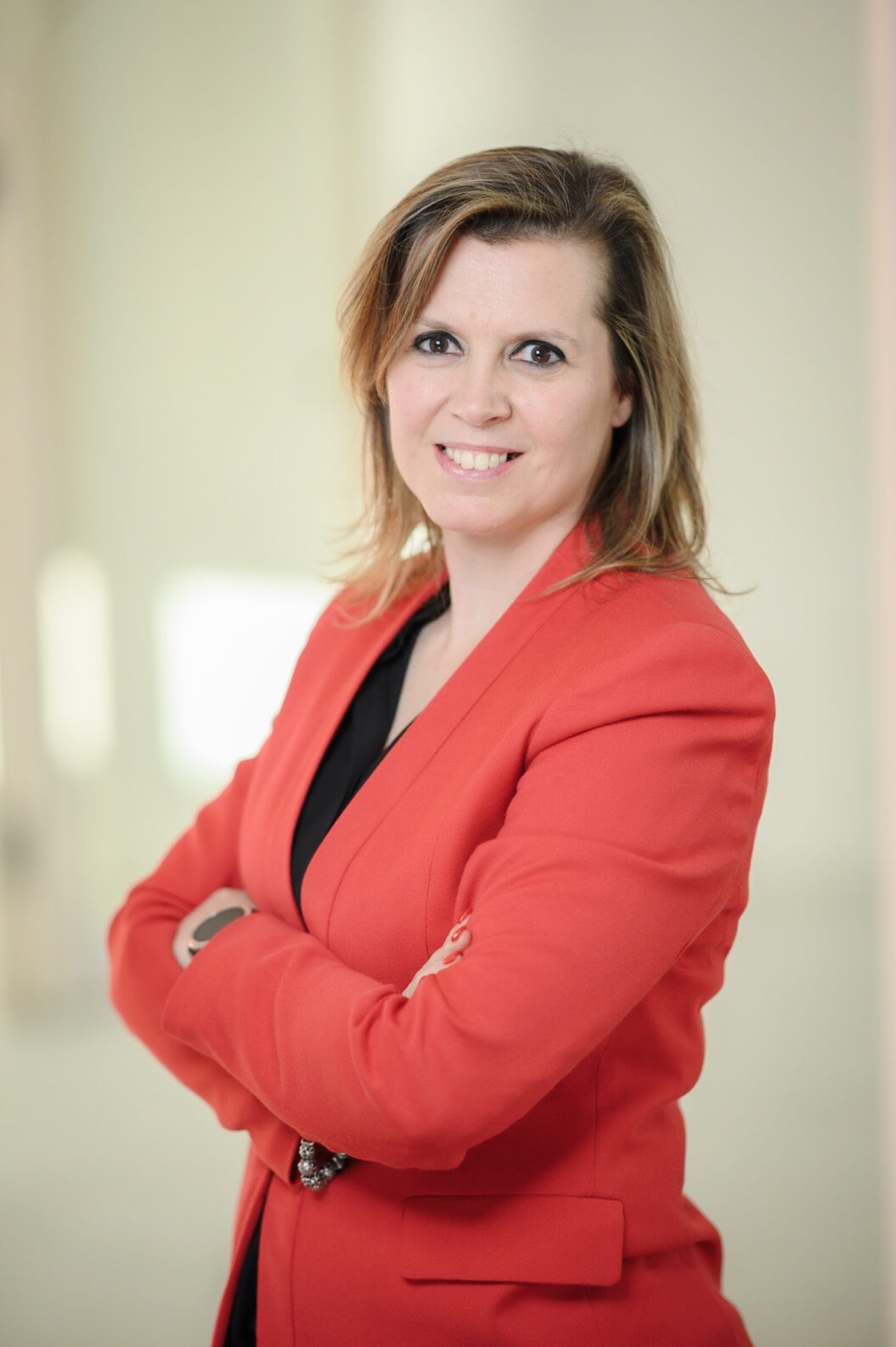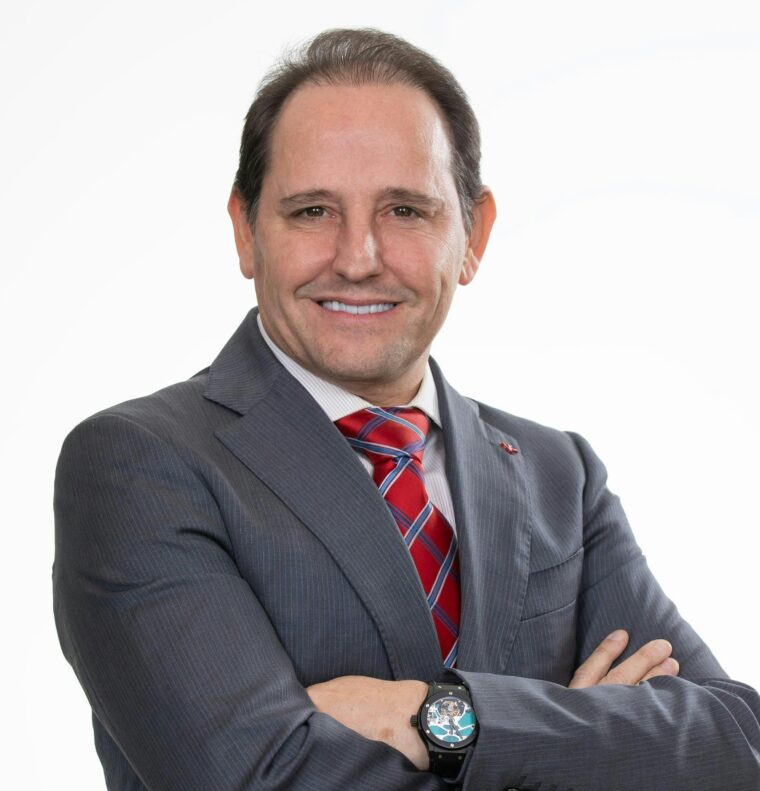As part of the partnership between the Portuguese Diaspora Council and the Jornal de Negócios, Viviana Silva, Digital Program Manager Manufacturing at DSM-Firmenich and Counselor of the Western Europe Regional Hub, was interviewed by the Jornal de Negócios. In the interview, she discussed her professional journey and identified competitive opportunities for Portugal, its economy, companies, and entrepreneurs in general.
1- WHAT LED YOU TO LEAVE PORTUGAL?
Leaving Portugal in 2011 was one of the most challenging and rewarding decisions of my life. I never imagined emigrating, especially right after the birth of my son, as I always dreamed of seeing him grow up in Portugal, close to our roots. However, I decided to see this change as a unique opportunity for personal and professional growth for me and my husband, as we joined the largest chemical company in the world – BASF. With the certainty that we could provide a safe and enriching environment for our son, we courageously embarked on this new stage in Germany.
2- WHAT ADVANTAGES OR DISADVANTAGES DID THE FACT THAT YOU ARE PORTUGUESE BRING YOU?
Portugal is fashionable, which makes it easier to start conversations and strengthen relationships in meetings. The interest in the country is so high that I went so far as to create a “checklist” (a touch of efficiency that reflects my “Germanization”) to send to colleagues and friends who asked me for tips and recommendations for their vacation in Portugal.
Being Portuguese also gives me empathy and ease of building relationships and communicating with passion, attracting interest and sponsorship from executives for my strategic programs. This ability to connect with others has been a great advantage in international environments. However, I needed to adapt the Portuguese style of being “nice” and learn to be more direct, as in some cultures this approach can be seen as weakness.
Overall, we are valued for our adaptability and creativity, qualities that complement the German organization and the collaborative spirit of the Dutch, resulting in a balanced approach between innovation and execution, which is highly appreciated in companies.
3- WHAT OBSTACLES DID YOU HAVE TO OVERCOME AND HOW DID YOU DO IT?
One of the biggest challenges was the intensity of living daily in three languages: Portuguese at home and, outside of it, constantly switching between two foreign languages: English, which I master, and German, which I did not yet speak. It was something I wasn’t prepared for at all! And, added to the sleep deprivation with a small child, it turned the first year into a true test of resilience. Overcoming these obstacles requires a lot of perseverance and a strong support network, both personal and professional.
Another cultural challenge was dealing with the perception of being a “Rabenmutter” — a German term for mothers who work outside the home and, therefore, are seen by some as less devoted to their children. However, over time, I was also admired for my ability to balance career with motherhood, actively participating in my son’s life and proving that it is possible to be a successful professional and a present mother.
4- WHAT DO YOU ADMIRE MOST ABOUT THE COUNTRY YOU ARE IN?
The Netherlands is a modern country, which combines liberalism, cosmopolitanism and a rich international culture with industrial and bucolic landscapes. I admire the pragmatism and ingenuity of the Dutch, reflected in the phrase “God created the world, but the Dutch created the Netherlands.” The ability to adapt is evident in the transformation of floodable areas into productive territories, showing innovation and resilience.
This tradition is also reflected in agriculture: from the more than 400 varieties of tulips (which can be visited in the Keukenhof gardens) to the orange carrot, created in the seventeenth century in honor of the House of Orange-Nassau, and the Dutch Belted cattle for milk and meat production. The high technology of greenhouses stands out in sustainability and high agricultural productivity, being a world reference.
The Netherlands is home to a rich artistic heritage, with museums such as the Rijksmuseum and the Van Gogh Museum, where works by Rembrandt and Vermeer inspire every year. In addition, the Dutch, as well as the Portuguese, show creativity in the tax field. Did you know that the narrow houses along Amsterdam’s canals were built to reduce taxation, based on the width of the façade?
The combination of pragmatism, art and creativity makes the Netherlands a unique and inspiring country.
5- WHAT DO YOU ADMIRE MOST ABOUT THE COMPANY /ORGANIZATION YOU ARE IN?
At DSM-Firmenich, I fully identify with the company’s vision and mission: “We are innovators in nutrition, health and beauty. And we bring progress to life.” The company’s strong commitment to digital transformation and sustainability aligns perfectly with my values and experience. With ambitious net-zero targets approved by the Science Based Targets initiative (SBTi), I am proud to lead the digital energy program, which will directly contribute to these targets by reducing greenhouse gas (GHG) emissions in around 100 factories around the world.
6- WHAT RECOMMENDATIONS WOULD YOU GIVE TO PORTUGAL AND ITS ENTREPRENEURS AND MANAGERS?
Portugal must continue to prioritize digital transformation and sustainability, investing in green infrastructure and technology to increase productivity and efficiency across all sectors. In the field of education and training, it is crucial to prepare the workforce with digital and green skills, especially in STEM (Science, Technology, Engineering and Mathematics) fields, to meet the demands of a modern economy. Portugal must strengthen its global competitiveness by promoting collaboration between industry, academia and government to stimulate growth and innovation in an integrated manner. In this field, it could draw inspiration from the Brainport Eindhoven initiative, which has made the region a hub of innovation by attracting high-tech companies, investing in advanced training and promoting research and development.
7- IN WHICH SECTORS OF THE COUNTRY WHERE YOU LIVE CAN PORTUGUESE COMPANIES FIND CUSTOMERS?
In the Netherlands, sectors such as sustainable agri-food, agricultural technology and renewable energy are very promising for Portuguese companies. The Netherlands has implemented policies to encourage sustainability, such as the Green Deals program, which fosters sustainable practices in partnership with the private sector, and Missiegedreven Innovatiebeleid, which supports green technologies and digital solutions. Portugal can provide innovative solutions that complement this growing demand in the Netherlands for technologies for responsible exploitation of marine resources and digital agriculture.
8- IN WHICH SECTORS IN PORTUGAL COULD COMPANIES IN THE COUNTRY WHERE YOU ARE WANT TO INVEST?
Portugal, with its vast coastline, offers unique opportunities for Dutch investors in aquaculture and marine biotechnology. In addition, areas such as agritourism and organic farming also arouse interest, as Portugal promotes sustainable practices that complement the environmental restrictions of the Netherlands. Portuguese forests offer opportunities for sustainable management, carbon offsetting and diversified investments in the agroforestry sector.
9- WHAT IS THE COMPETITIVE ADVANTAGE OF THE COUNTRY YOU ARE IN THAT COULD BE REPLICATED IN PORTUGAL?
The Netherlands offers tax incentives that attract foreign investment and promote innovation, such as the Fiscal Unity Regime, which facilitates tax consolidation, and the Participation Exemption, which avoids double taxation on dividends. Incentives such as the Innovation Box (reduces R&D taxation to 9%), Dutch R&D Tax Credit “WBSO” (deductions from R&D wage costs) and Energy Investment Allowance “EIA” (40% deductions for investments in sustainable energy), foster innovation and research. The 30% ruling reduces taxes on the salary of foreigners, and a network of tax treaties avoids double taxation by attracting skilled professionals. The digitalization of public services with platforms such as DigiD and the Chamber of Commerce (KvK) facilitates the registration of people and companies, making government more accessible. Portugal could increase its attractiveness by adopting tax incentives and digitizing processes, strengthening competitiveness for talent and investment.
10- ARE YOU THINKING OF RETURNING TO PORTUGAL? WHY?
Portugal is always in my heart, but at the moment, I am focused on educating my son in the Netherlands and continuing my professional career. However, I am open to the possibility of returning in the future, especially if an opportunity arises to contribute to strategic areas such as digital transformation and sustainability in Portugal. My goal is to apply the international experience I have gained to strengthen the country and help turn its immense potential into reality.







